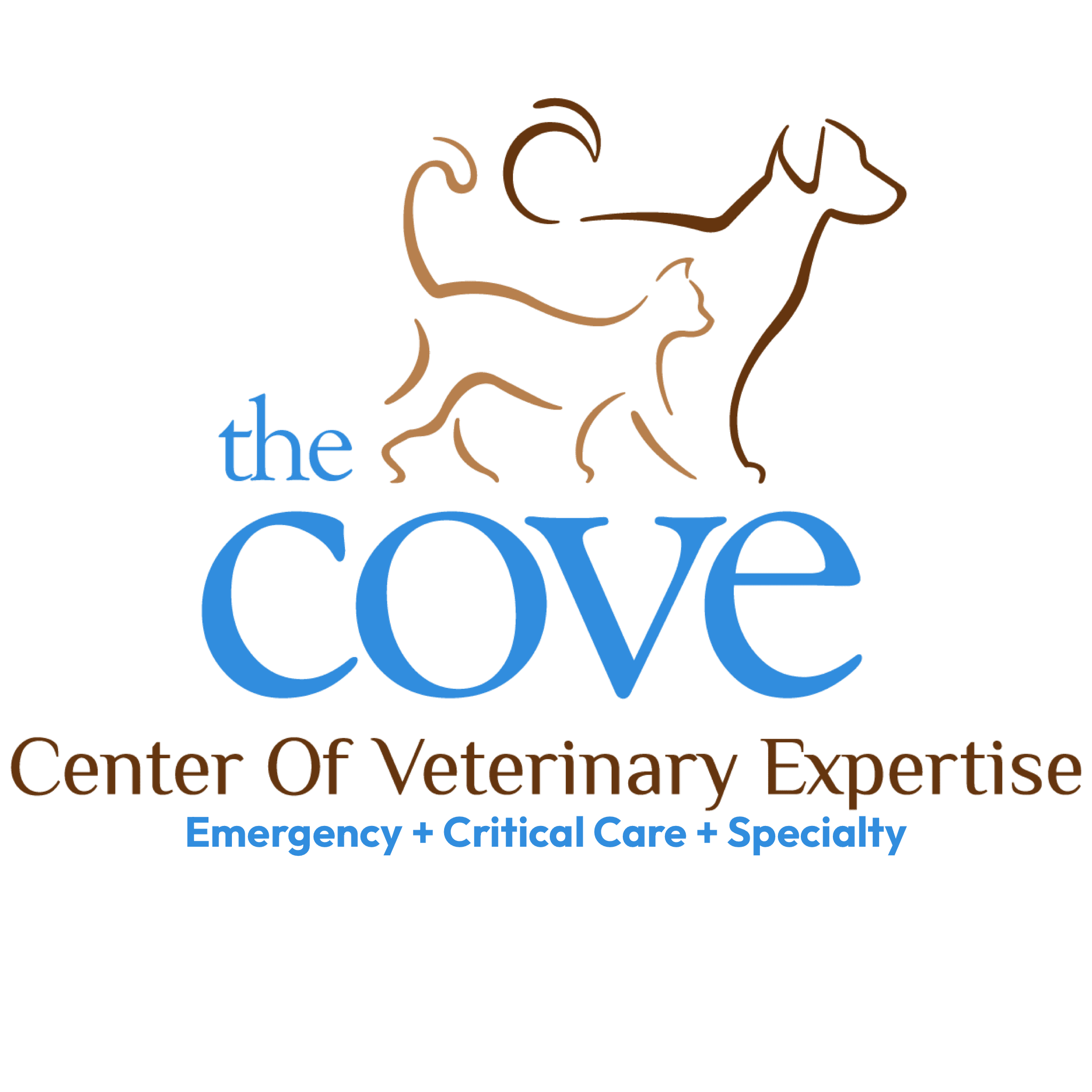Cancer can be a frightening diagnosis – one that no pet parent wants to receive for their furry family member. We understand. The good news is that today, many cancers are treatable, and some pets can even achieve remission, depending on the type and stage of cancer at the time of diagnosis.
We are fortunate that the advances made in veterinary oncology diagnosis and treatment over the past few years mean that veterinarians have a wide range of options that can extend your pet’s quality of life and keep them happy, active, and comfortable, even if cancer is discovered.
Common Types of Pet Cancer
Dogs and cats get many different kinds of cancers, just as humans do, and many of the same types of cancers. However, there are several kinds of cancer that pets battle more frequently than others.
In dogs, the most common types of cancers are:
- Lymphoma (cancer of the lymphatic system)
- Osteosarcoma (bone cancer)
- Hemangiosarcoma (blood vessel cancer)
- Mast cell tumor (skin tumor)
- Oral tumor (cancer in the mouth)
In cats, we most often see:
- Lymphoma (cancer of the lymphatic system)
- Squamous cell carcinoma (skin cancer)
- Fibrosarcoma (cancer of connective tissue)
These are of course just the most common – there are many other cancers that can affect pets, including melanoma and even breast and testicular cancer.
Signs and Symptoms
Early detection of cancer is key to having the most options available for treatment, as well as the best prognosis. Knowing the signs that could point to cancer and making an appointment with your veterinarian immediately if you notice any of them will help to catch cancer early. You know your pet better than anyone, and you know if there are changes in their physical abilities or mental state that indicate a visit to your primary care veterinarian is in order.
Be mindful that just because your pet has one or more of these signs, it doesn’t necessarily mean they have cancer. Signs and symptoms may include:
- Lumps, bumps, abnormal swelling, or sores that don’t heal
- Unpleasant smell from the mouth, ears, or elsewhere that doesn’t go away with washing
- Swollen lymph nodes
- Unexplained weight loss or lack of appetite
- Difficulty eating or swallowing
- Coughing
- Lethargy or decreased energy
- Difficulty urinating, defecating, or breathing
- Distention of the abdomen
- Pale gums
- Any unexplained bleeding or discharge
- Lameness or stiffness that doesn’t go away
Treatment
Treatment depends on the type and stage of cancer. Surgery may be the first line of defense. Ideally, the goal of surgery is to remove the entirety of the mass and cancer cells. Unfortunately, this isn’t always possible, but surgical intervention can also be helpful in “debulking” – or reducing – the size of a mass to decrease pain and/or in preparation for additional therapies such as chemotherapy or radiation. Here at The COVE, our board-certified surgeon, Dr. Jeff Stallings, is well-versed in oncological surgery and will be happy to consult with you about the options available to your pet.
Often, a combination of therapies is the best option to treat affected pets. Some of the recommended modalities other than cancer may include:
- Chemotherapy: The use of medication to destroy cancer cells. Chemotherapy is often used in combination with surgery, but unlike humans, pets often have mild or no negative side effects to chemo treatments.
- Radiation: The use of targeted radiation to reduce or destroy tumors. Radiation is often used on tumors that cannot be completely – or safely – removed by surgery. Radiation is also used palliatively to reduce discomfort and relieve symptoms.
- Immunotherapy: Boosting the body’s immune response with antibodies, helping it to fight the cancer.
- Cryotherapy: Useful for superficial tumors, cryotherapy uses very cold temperatures to kill cancer cells.
We’re always here to help you navigate through and understand the treatment options available to you. If you have questions about oncological surgery or want to schedule a consult with one of our board-certified surgeons, contact us at (757) 935-9111.
About Us
The COVE’s veterinarians and staff wholeheartedly embrace the core values of community, collaboration, commitment, compassion, and integrity. This focus ensures that pets, the people who love them, and their primary care veterinarians have as positive and affirming a healthcare experience as possible, regardless of the circumstances that bring us all together.
